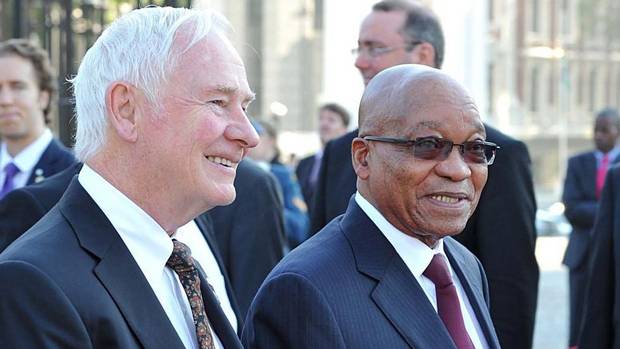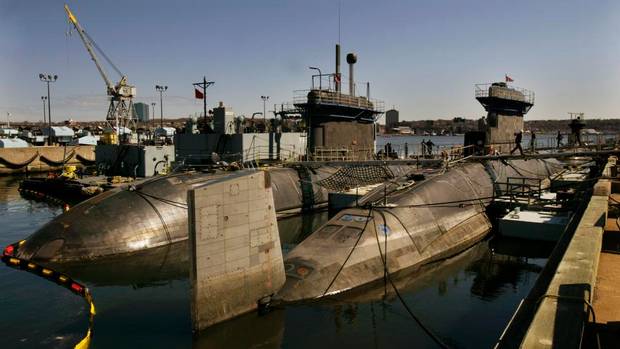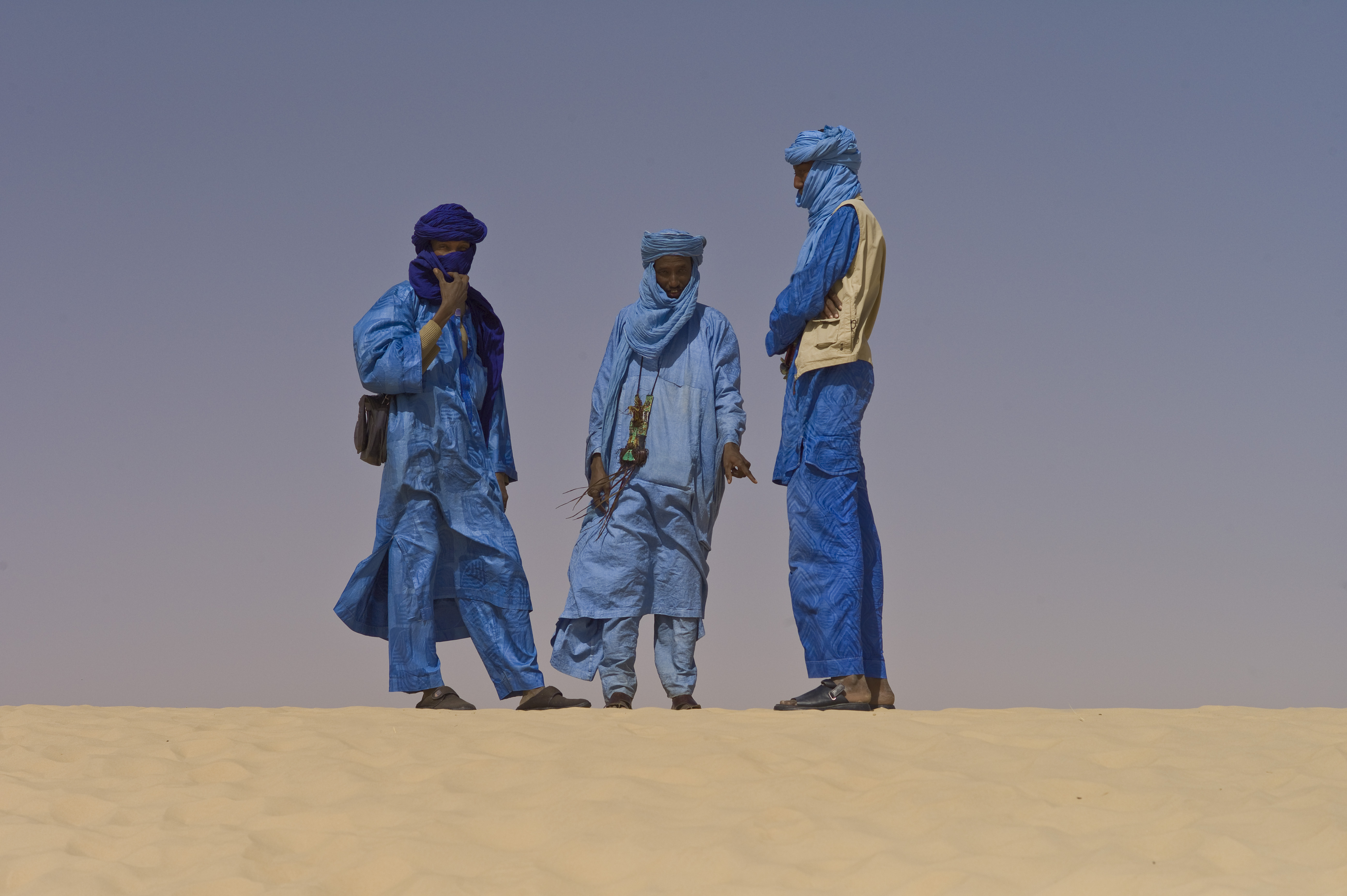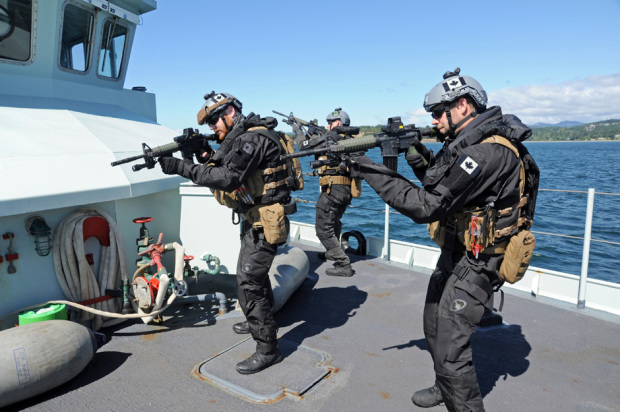On May 13th, Governor General David Johnston and Foreign Minister John Baird began a 10-day African tour, seeking to deepen Canada’s trade relations with some of the continent’s economic powerhouses. While a dispute with the Professional Association of Foreign Service Officers threatened to derail the tour, with staff at a number of Canada’s missions abroad taking collective action to coincide with the high-level visits, the initiative already seems to have produced some positive results for Canada’s relations.
For example, while visiting Kenya, Baird announced the resumption of Canada’s diplomatic relations with Somalia and the appointment of Canada’s first ambassador to that country since 1990. On the same day, Baird also met with the United Nations Special Representative for Somalia to discuss peace building efforts in the Horn of Africa. Placing such a strong emphasis on Somalia is an indication to partners in Africa and around the world that Canada is committed to promoting the security of the Horn of Africa region.
However, the selection of countries for this tour has some implications worth discussing. Baird and Johnston will reach Ghana, Kenya, Tanzania, Botswana, and South Africa. This list of countries is certainly geographically diverse, while also encompassing some of Africa’s most promising markets. Ghana in particular has enjoyed several years of considerable economic growth, and the national GDP is projected to grow by a further 5.5% in 2013. In light of this, it is no surprise that the Governor General will spend a full three days of his tour in Ghana, the longest stay in any one country on the tour.

Yet these five countries share some important characteristics: all are officially Anglophone and hold membership in the Commonwealth of Nations. This is interesting as many of Africa’s emerging economies are Francophone. Gabon has one of the highest GDP per capita rates in Africa, surpassing even some French overseas territories off the coast of the African continent, such as Réunion. In Rwanda, the GDP growth rate in 2007-2011 has averaged 7.3%. Canada’s status as a bilingual country should present the opportunity to cultivate strong relations with both Anglophone and Francophone countries, which together constitute nearly all members of the African Union. By focusing solely on Commonwealth members, this African tour fails to leverage this linguistic asset.
Another aspect of the tour that merits further scrutiny is the lack of engagement with Africa’s regional blocs. While the Governor General’s extended stay in Ghana will be useful for deepening Canada-Ghana relations, planning the tour in such a way as to have coincided with the activities of the Economic Community of West African States (ECOWAS) might have expanded Canadian influence in this crucial region. In February, ECOWAS held a meeting between the heads of state and government of its 15 member states in Abidjan, Cote d’Ivoire. Directly neighbouring Ghana, attending that summit as an observer or otherwise attempting to engage with ECOWAS would have allowed Canada at least some measure of added influence in a region of Africa that has thus far achieved the most progress toward economic integration.
Launching such an ambitious foreign policy initiative as this tour is certainly a positive step. But it is vital that the Government of Canada avoid limiting the country’s outreach to fellow Commonwealth members. Those countries which share other commonalities with Canada, such as membership in La Francophonie, can be just as integral trading partners. On future such tours, Canada’s Minister of Foreign Affairs could further increase the success of outreach efforts by engaging more closely with regional blocs and with a greater linguistic diversity of countries.




